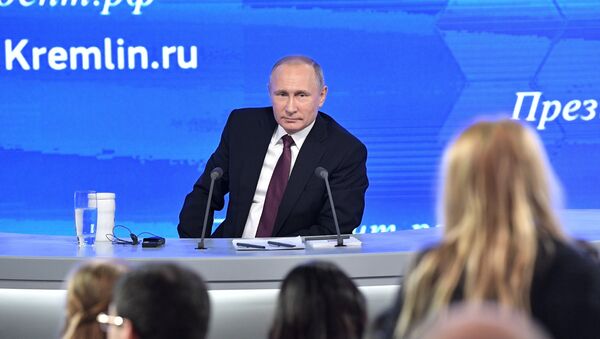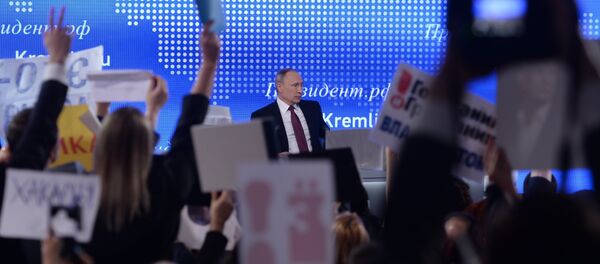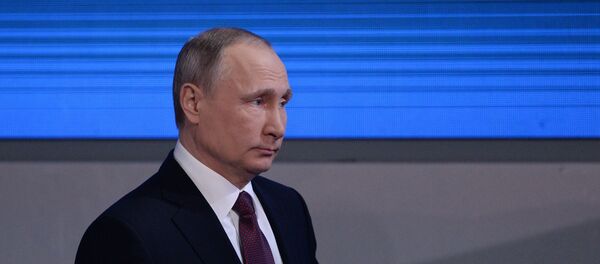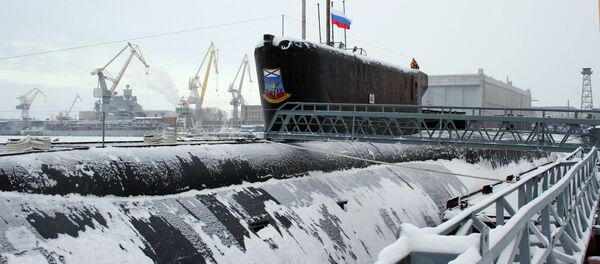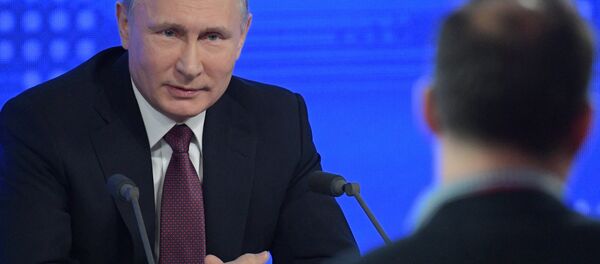The Russian leader largely focused on domestic issues, highlighting some of the topics he mentioned in his annual address to Russian lawmakers earlier this month.
Positive trends in Russian economy
The Russian economy is undergoing major structural changes in areas including defense and agriculture, he said, adding that the country is increasingly investing in high-tech.
"We are not going to isolate ourselves. If the Russian economy wants to grow – and it does and will grow by pursuing the high-tech path– it must remain a part of global economy, which it will," he said.
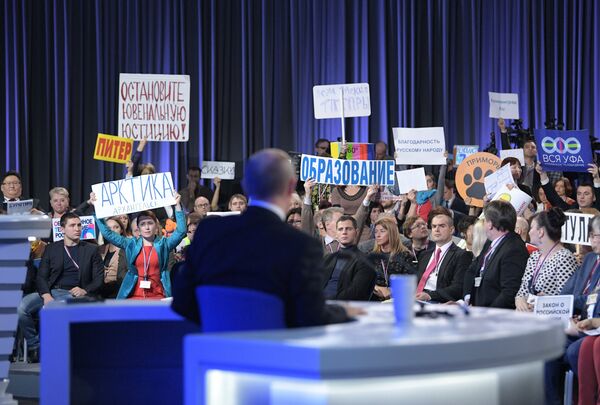
Russia plans to cut defense spending
Russian leadership is determined to spend less on national defense. In 2011, the country's military spending amounted to 2.7 percent of GDP, rising to 4.7 this year. It is expected to fall to 3.3 percent in 2017 and reach 2.8 percent in 2019.
"We will maintain [this level of spending] for several years," the Russian leader said.
"We have made every effort to upgrade our forces which will lead to the share of advanced weapons in Russia's arsenal reaching 70 percent by 2021," the president detailed. "At this point, we are at about 50 percent, in some sectors at about 60 percent; the nuclear component is at 90 percent. Which is why we are completely satisfied, we are implementing our plans in full."
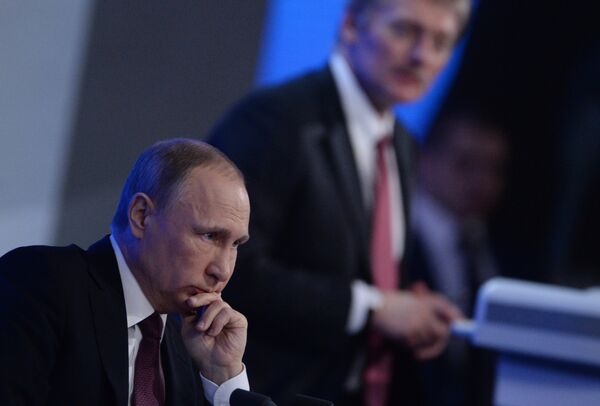
Russia is not the one 'fueling the new arms race"
President Putin said that there was nothing new about US President-elect Donald Trump's comments on upgrading America's nukes. However, the Russian leader was surprised by the response from some officials in the outgoing US administration to his comments on Russia's military capabilities.
Putin emphasized that Russia was acting in strict accordance with all international commitments, including the New START. He further noted that Moscow is not the one fueling an arms race with the United States. The basis for this process and ensuing tensions was created when Washington withdrew from the Anti-Ballistic Missile Treaty, forcing Russia to invest in upgrading its forces.
"That was not our idea, we had to meet the challenge," the Russian president said. "I would like to stress that … we will never spend the amounts we cannot afford should we be involved in an arms race."
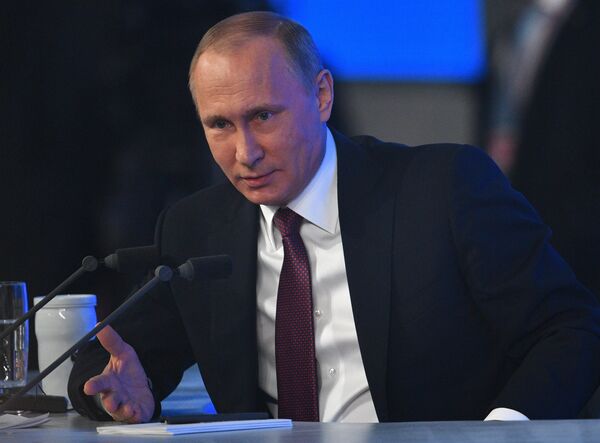
Putting looking forward to fostering "working relations" with Trump
President Putin also said that the Democratic Party "has clearly forgotten the original meaning of its name," adding that the Obama administration and the Democratic leadership are trying to put the blame for all their failures on external factors.
"The current [US] administration and the leadership of the US Democratic Party are trying to put the blame for all their failures on external factors. We know that the Democratic Party has lost not only the presidential elections, but also the Senate and Congress where the Republicans now have a majority. Was it my fault as well?" he asked.
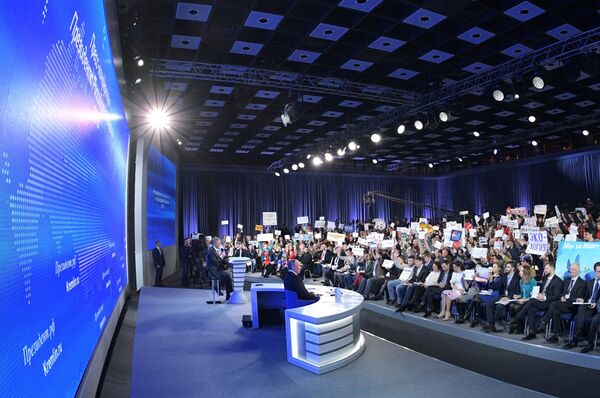
Russia wants Europe to "speak with one voice"
Russia wants to develop good relations with Europe, President Putin said, noting that he would like Europe to "speak with one voice." However, if the European Union is unable to resolve its internal issues, Russia will work with individual European nations on a bilateral basis.
"In fact this is what we have been doing. We have discussed some issues with the European Commission, while also communicating directly with some European countries. In principle, we are satisfied with it," he said.
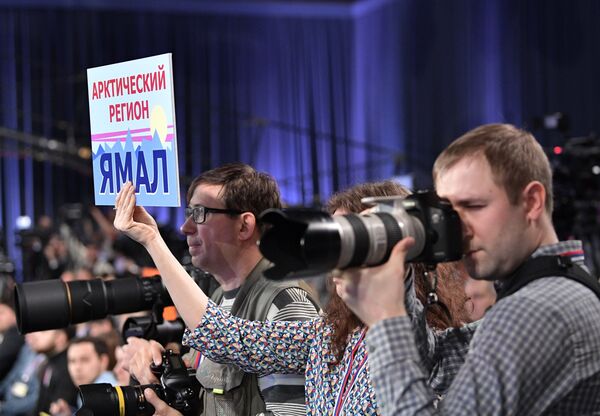
Russia will "gladly remove" countersanctions
President Putin confirmed that Moscow was ready to lift measures that Russia imposed in response to Western sanctions.
"We were not the ones to damage relations with the West and Germany. We did not introduce sanctions against Europe. We have merely responded to restrictive measures imposed on us. We will gladly repeal them all, although Russian agricultural producers are urging us not to, but only if our partners, including European ones, lift anti-Russia sanctions," he said.
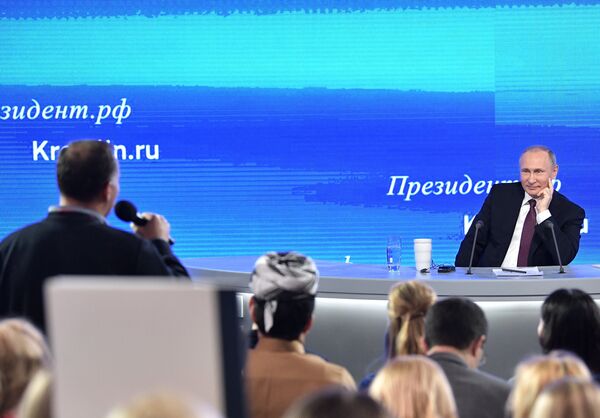
Kurdish issue
Russia has "cordial relations" with the Kurds, President Putin said.
"Kurdish fighters have been extremely courageous and efficient against terrorists. When it comes to sovereignty, we will act within the framework of international law. In the end, the rights of the Kurdish people will eventually be secured. But how and in what form this will be done depends on Iraq and the Kurdish people," he added.
